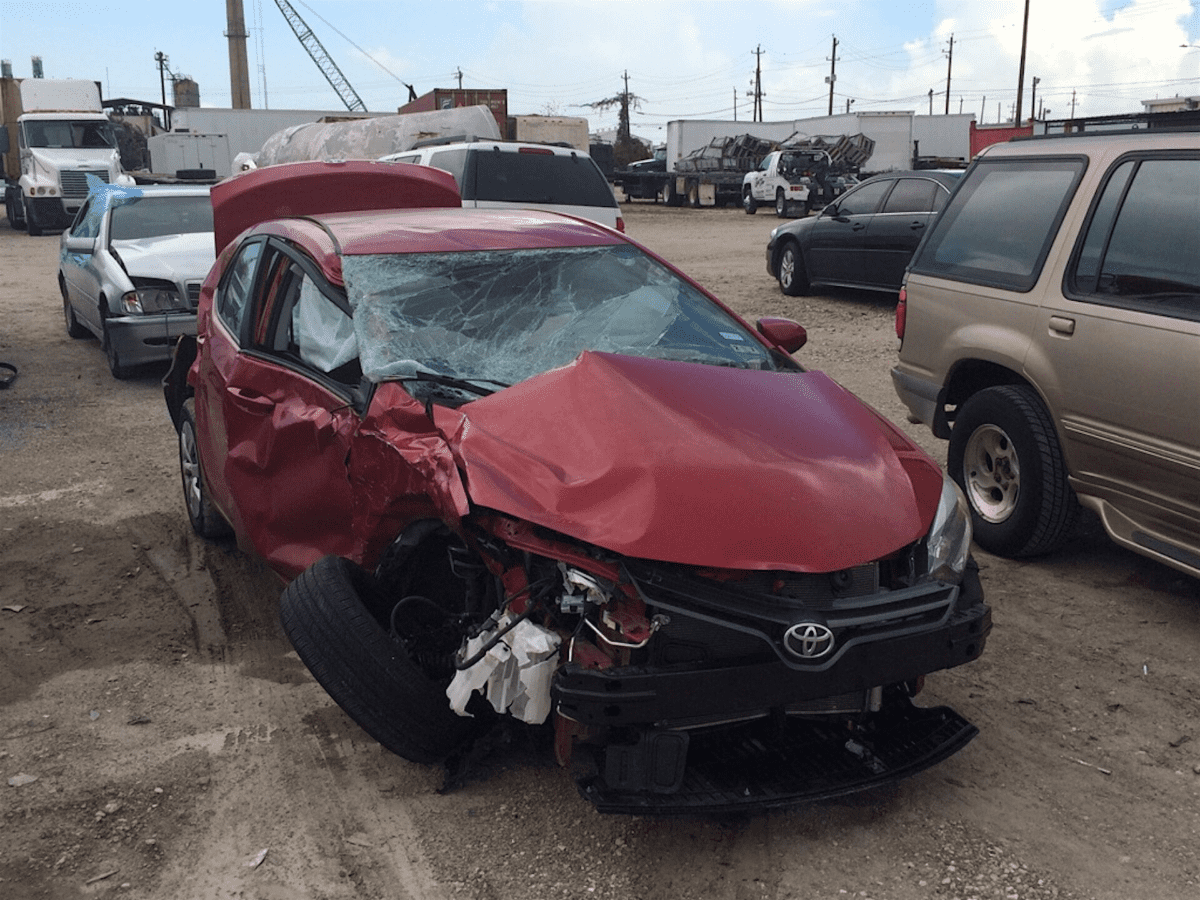In just two decades, Wesley Chapel, FL, has experienced explosive population growth, bringing new challenges. With narrow roads and small-town vibes, the surge in residents has spiked the risk of traffic accidents, catching the town off guard. Emergency service providers find themselves in a race against time to meet the needs of this booming population. It’s no wonder that injuries are on the rise, calling for the expertise of a personal injury lawyer.
The first thing you do after suffering a personal injury is to file for a personal injury claim. However, since insurance companies are in business like any other, pursuing a personal injury claim can be daunting. This is because insurance companies do everything to protect their bottom line and ensure they pay as little as possible in compensation.
While avoiding dealing with insurance companies in a personal injury case may be impossible, you can minimize your involvement and ensure a hassle-free and successful process. If you happen to live in Wesley Chapel and have sustained a personal injury, you must contact experienced Wesley Chapel personal injury lawyers to ensure a favorable settlement on your behalf. Below are tips to help you navigate a personal injury case without much back and forth with the insurance company.
- Hire an Attorney
Hiring a skilled attorney after suffering personal injury should be among the first things you do before filing your personal injury claim. Doing so takes the burden of dealing with insurance companies off your back. Once you hire an attorney, they can take over all other procedures necessary to secure your compensation, including interacting with insurance companies on your behalf.
Your attorney will represent you and handle all the communication with the relevant parties, so you can minimize your contact with them. Other tasks your attorney can perform for you include filing the necessary paperwork, negotiating a settlement, and being part of all discussions about your case.
- Adhere to the Statute of Limitations
The statute of limitations is vital in ensuring a smooth personal injury claim settlement. In Florida, the statute of limitations for personal injury cases is four years. This means you have four years after your accident or injury to file your claim, after which you lose your rights to a hearing and compensation.
To ensure your case goes smoothly, file within the set timelines. However, the statute of limitations usually has exceptions that can extend the deadline, such as if the affected individual is a minor, legally incapacitated, or discovered the injuries late. Other exceptions include mental illness and if the responsible party left the country.
- Avoid Recorded Statements
Insurance companies are fond of taking recorded statements from injured individuals soon after the accident, even when the statements are unnecessary. It is a tactic the companies use to find loopholes in your case so they can deny your settlement or give you the lowest possible amount.
Most times, this happens immediately after the accident when you haven’t sought medical attention and do not have the full scope of your injuries. You can be subjected to confusing questions to make your case seem less serious or to get you to incriminate yourself so you can legally get a lower amount than you deserve.
With this in mind, it is advisable to avoid recorded statements as they can be twisted to fit the insurance company’s narrative and deny you your full compensation. On the same note, do not sign anything before consulting your lawyer.
- Do Not Accept the First Settlement Offer
If you accept the insurance company’s first offer (which almost always involves an out-of-court settlement), you close the case and cannot pursue additional benefits or damages later. While it can look like an opportunity for a quick resolution and acquire financial support immediately, the first settlement offer is usually less than what is deserved. Therefore, always opt for a negotiation, which your attorney will handle. A skilled negotiator increases your chances of a more favorable settlement.
Also, be willing to explore other settlement options, such as mediation and litigation, so you don’t have to directly engage with the insurance company. Being ready to go to court also means your lawyer will represent you. You won’t have to be as directly involved as you would have been if you handled everything yourself.
- Document as Much Evidence as Possible
The burden of proof in any personal injury claim lies on the victim. Therefore, gather as much evidence as possible to support your case and prove that the other party is responsible for your injuries. You can do this by filing a police report, speaking to witnesses, recording their statements, and taking pictures and video evidence whenever possible.
Additionally, ensure you seek medical attention immediately to document your injuries and provide a medical report as part of your evidence. The more proof you have, the stronger your case will be. You won’t have to go in circles with the insurance company to settle the claim you deserve.
Conclusion
Insurance companies are always trying to protect their bottom line at the expense of personal injury victims. However, with the above strategies, you can minimize your interaction with them and overcome any challenges hindering your pursuit of compensation.




The failure to immediately seek medical attention is another common reason for insurance companies to reject claims.